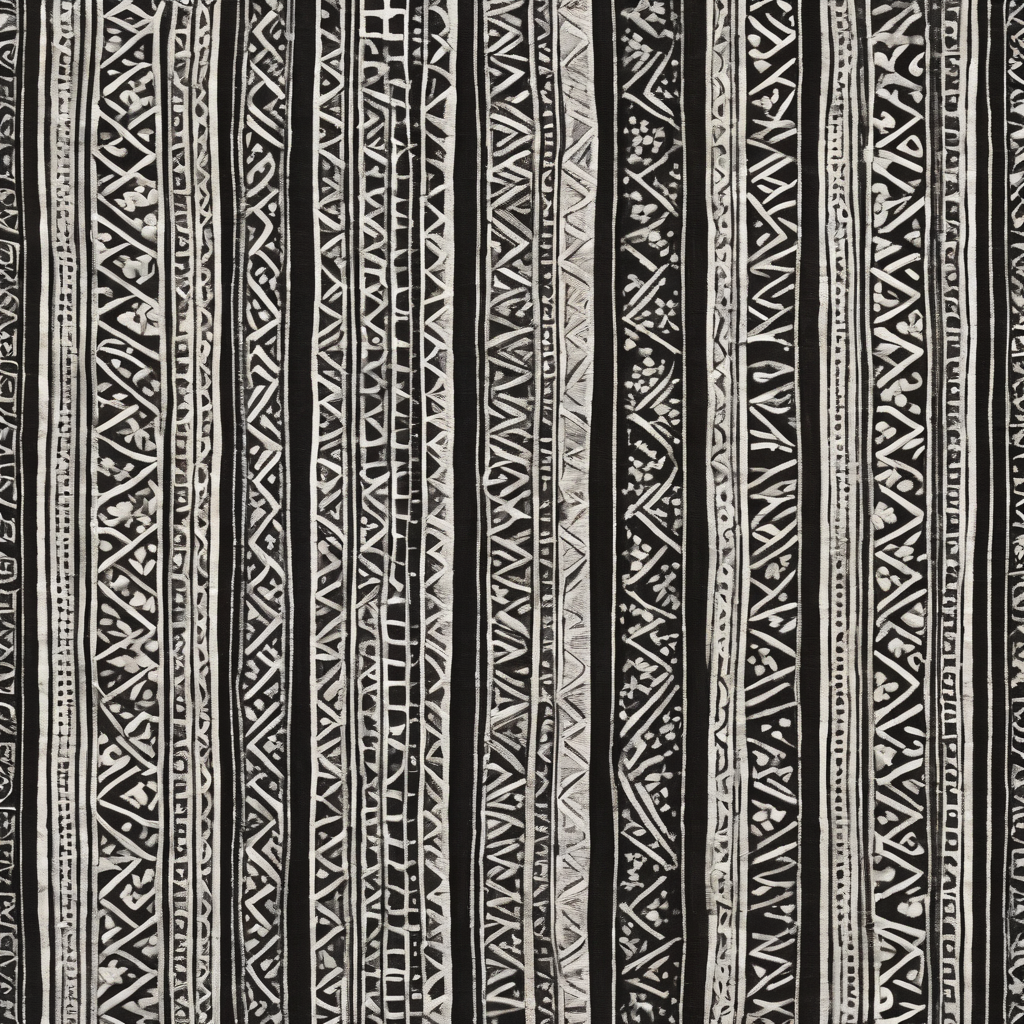Nine women have tragically lost their lives to intimate partner violence in Fiji over the last nine months, underscoring the urgent need to address what is regarded as one of the country’s most critical social challenges. The Minister for Women, Children and Social Protection, Sashi Kiran, noted that Fiji continues to record some of the highest rates of violence against women and girls globally, a distressing reality that calls for immediate and coordinated national action.
Minister Kiran highlighted that violence against women is far more than a social crisis; it carries economic implications as well, costing Fiji an estimated $300 million annually. She stated, “The National Action Plan (NAP) signifies the government’s acknowledgment that prevention is both a human rights priority and a developmental necessity.” This plan, which garnered approval from the Cabinet in May of the previous year, aims to address underlying causes such as gender inequality and harmful societal norms, developed based on consultations with over 2,000 Fijians.
In her address, Kiran explained that the government is taking tangible steps towards curbing this violence. Specific budgets have been allocated across various ministries, including Education, Youth and Sports, and Health, while the Australian Government pledged a significant $6 million to assist with the plan’s implementation. Technical expertise from UN Women and UNFPA also enhances the initiative’s effectiveness.
Key measures underway include comprehensive reviews of the Family Life Education curriculum, the introduction of the Pacific’s first National GBV Shelter Guidelines, and targeted outreach efforts to rural and maritime communities. Furthermore, partnerships with faith groups and traditional leaders are integral to fostering a supportive environment for victims of domestic violence.
The collaborative approach is vital as previous efforts, such as the establishment of community prevention committees led by Minister Kiran, have shown the importance of grassroots engagement in initiating change. By addressing the deep-seated issues contributing to family violence, such as power imbalances and outdated gender norms, the aim is to create a culture that prioritizes respect and safety for all.
These concerted efforts reflect a hopeful determination among government officials and community members to eradicate domestic violence in Fiji. By fostering ongoing dialogue, education, and proactive interventions, there is a potential for meaningful transformation in the way society addresses these pressing issues, ultimately paving the way for a future where every individual can feel safe and valued in their community.
